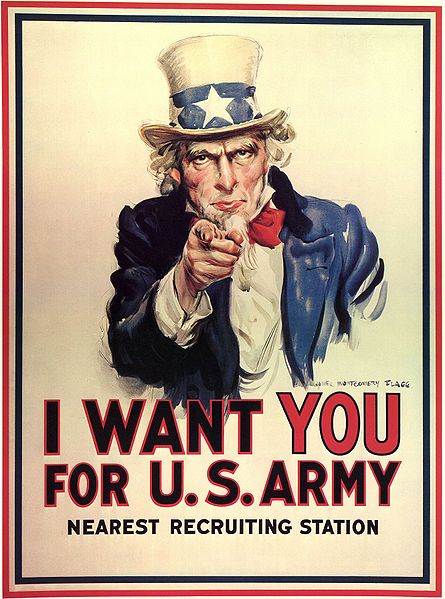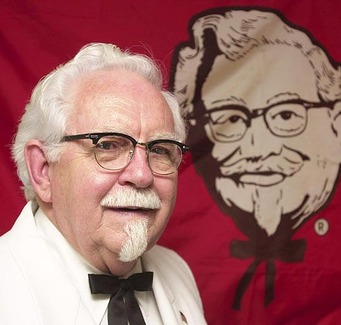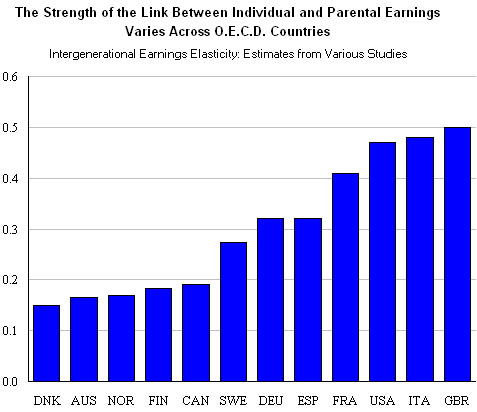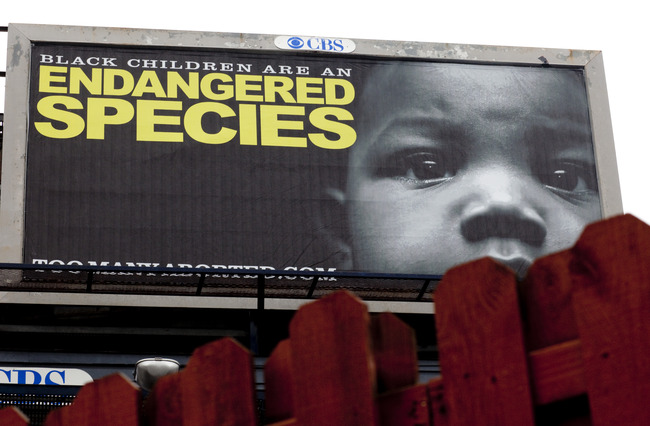Over at Buzzfeed, Peggy posted this photo of a piece of kitsch she found on sale in Japan:
Thanks to Dmitiry for the link! To clarify…
Uncle Sam, icon of American freedom:
Colonel Sanders, mascot for the fast food restaurant Kentucky Fried Chicken (the suit is the giveaway):
So what does this mean? Well, perhaps nothing. But it suggests that America is associated with capitalism and greasy food at least as much as the idea of freedom. It also means that, at least in this instance, the U.S. has lost control of its brand.
Lisa Wade, PhD is an Associate Professor at Tulane University. She is the author of American Hookup, a book about college sexual culture; a textbook about gender; and a forthcoming introductory text: Terrible Magnificent Sociology. You can follow her on Twitter and Instagram.















